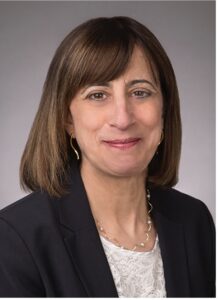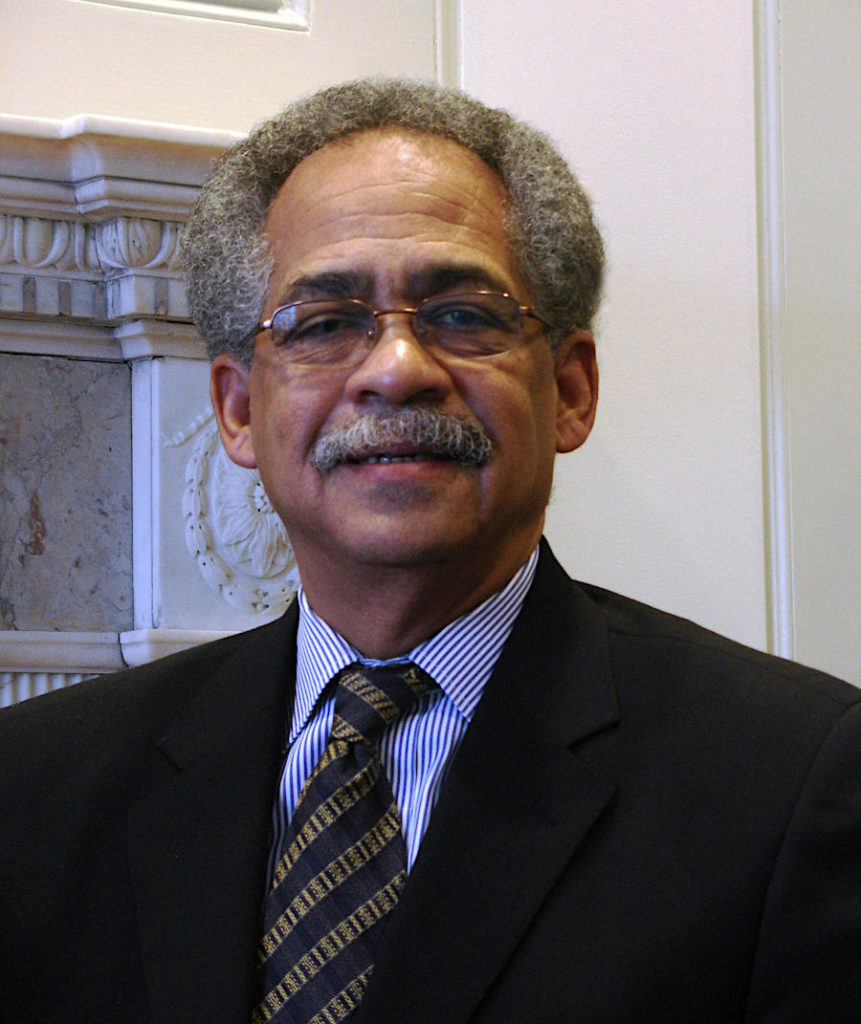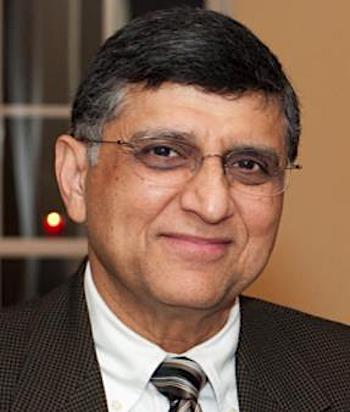Please join us for an FPLC special event with Wendy Cutler, Vice President of Asia Society and Former Acting Deputy US Trade Representative.
Wednesday, April 28 at 12PM (Noon) EST
 Wendy Cutler is Vice President at the Asia Society Policy Institute (ASPI) and the managing director of the Washington, D.C. office. In these roles, she focuses on building ASPI’s presence in the nation’s capital and on leading initiatives that address challenges related to trade, investment and innovation, as well as women’s empowerment in Asia.
Wendy Cutler is Vice President at the Asia Society Policy Institute (ASPI) and the managing director of the Washington, D.C. office. In these roles, she focuses on building ASPI’s presence in the nation’s capital and on leading initiatives that address challenges related to trade, investment and innovation, as well as women’s empowerment in Asia.
She joined ASPI following an illustrious career of nearly three decades as a diplomat and negotiator in the Office of the U.S. Trade Representative (USTR), where she also served as Acting Deputy United States Trade Representative. During her USTR career, she worked on a range of bilateral, regional and multilateral trade negotiations and initiatives, including the US-Korea Free Trade Agreement, the Trans Pacific Partnership, US-China negotiations and the WTO Financial Services negotiations. She has published a series of ASPI papers on the Asian trade landscape, and serves as a regular media commentator on trade and investment developments in Asia and the world.
Cutler received her master’s degree from Georgetown University’s School of Foreign Service and her bachelor’s degree from the George Washington University.


 Kenton Keith retired from government service in 1997 after four years as a naval officer and thirty-two in the U.S. Information Agency and Department of State. His final years at USIA included assignments in Brazil, Paris, and Cairo in public affairs and cultural affairs in deputy and senior positions. In Washington, he served as both Deputy Area Director and Area Director for USIA’s (NEA) North Africa, Near Eastern and South Asian Affairs. Keith led the USIA planning team for the amalgamation of foreign affairs agencies. He was confirmed as Chief of Mission Doha, Qatar in 1992. For five years he served as a team leader in the Department’s Office of the Inspector General, before being named US Ambassador to Qatar in l992 for three years.
Kenton Keith retired from government service in 1997 after four years as a naval officer and thirty-two in the U.S. Information Agency and Department of State. His final years at USIA included assignments in Brazil, Paris, and Cairo in public affairs and cultural affairs in deputy and senior positions. In Washington, he served as both Deputy Area Director and Area Director for USIA’s (NEA) North Africa, Near Eastern and South Asian Affairs. Keith led the USIA planning team for the amalgamation of foreign affairs agencies. He was confirmed as Chief of Mission Doha, Qatar in 1992. For five years he served as a team leader in the Department’s Office of the Inspector General, before being named US Ambassador to Qatar in l992 for three years.

 Mr. Qaisar Shareef concluded in 2011 a career of nearly 30 years with Procter & Gamble. He joined the company at headquarters in 1981, and spent a dozen years living and working abroad as P&G country manager in startup ventures in the emerging markets of Pakistan and Ukraine. The subsidiaries he led in those two countries continue to thrive today in spite of difficult circumstances. P&G Pakistan received from the U.S. State Department an Award for Corporate Excellence in 2012.
Mr. Qaisar Shareef concluded in 2011 a career of nearly 30 years with Procter & Gamble. He joined the company at headquarters in 1981, and spent a dozen years living and working abroad as P&G country manager in startup ventures in the emerging markets of Pakistan and Ukraine. The subsidiaries he led in those two countries continue to thrive today in spite of difficult circumstances. P&G Pakistan received from the U.S. State Department an Award for Corporate Excellence in 2012.